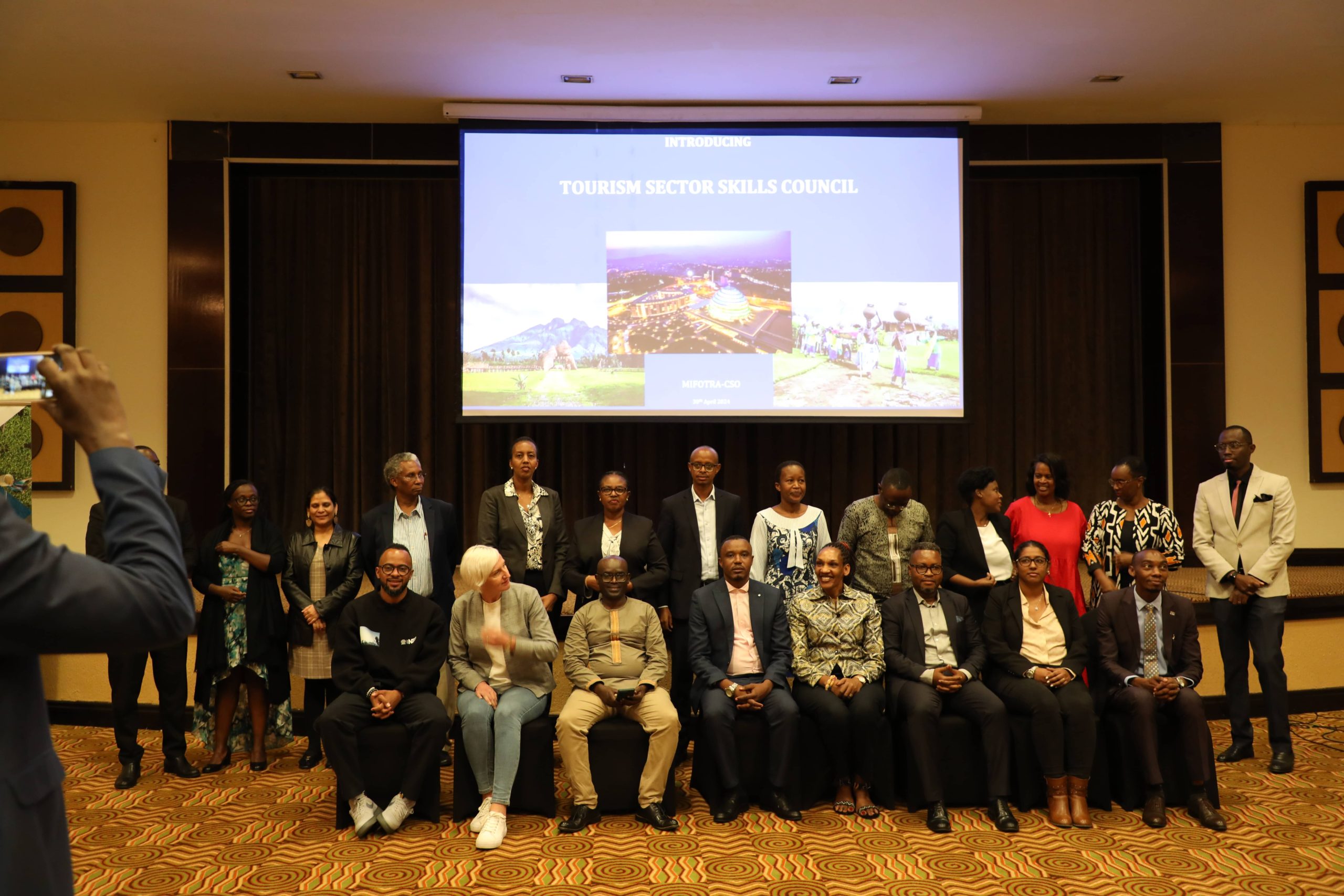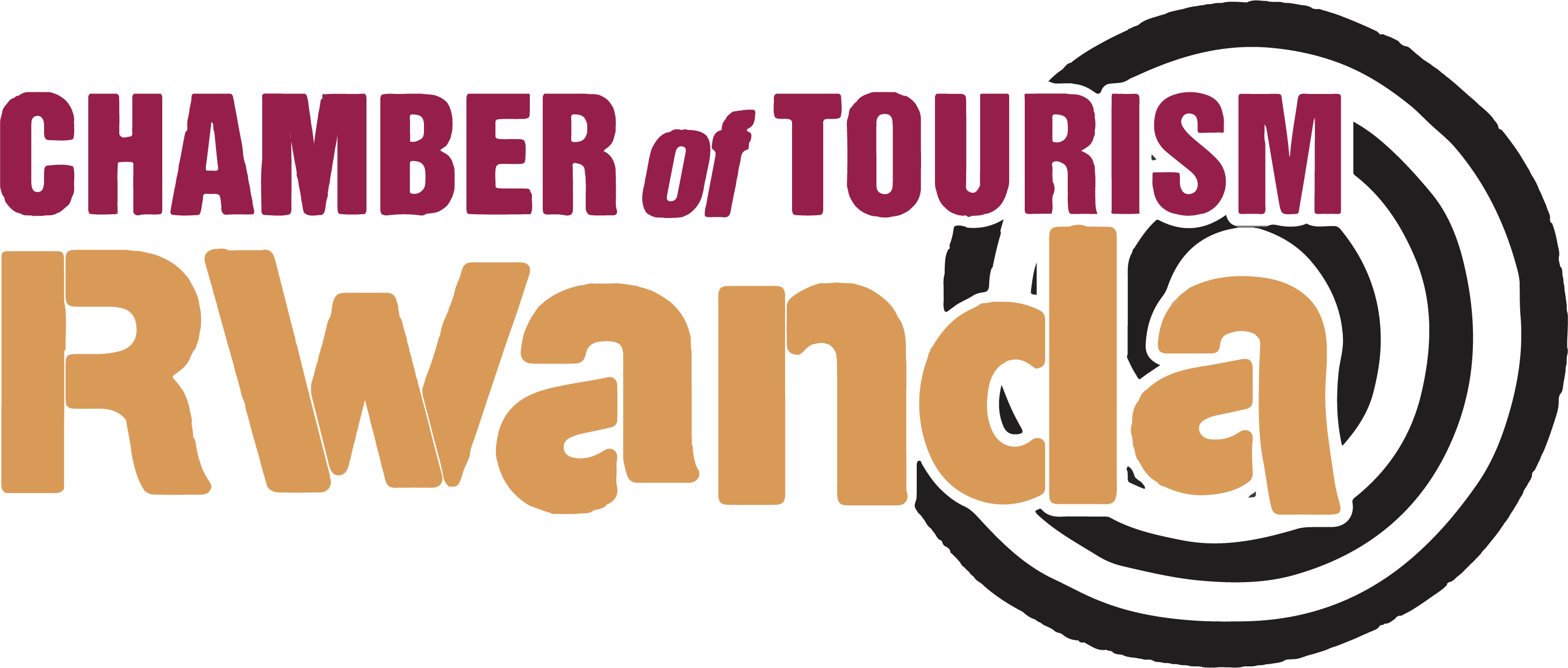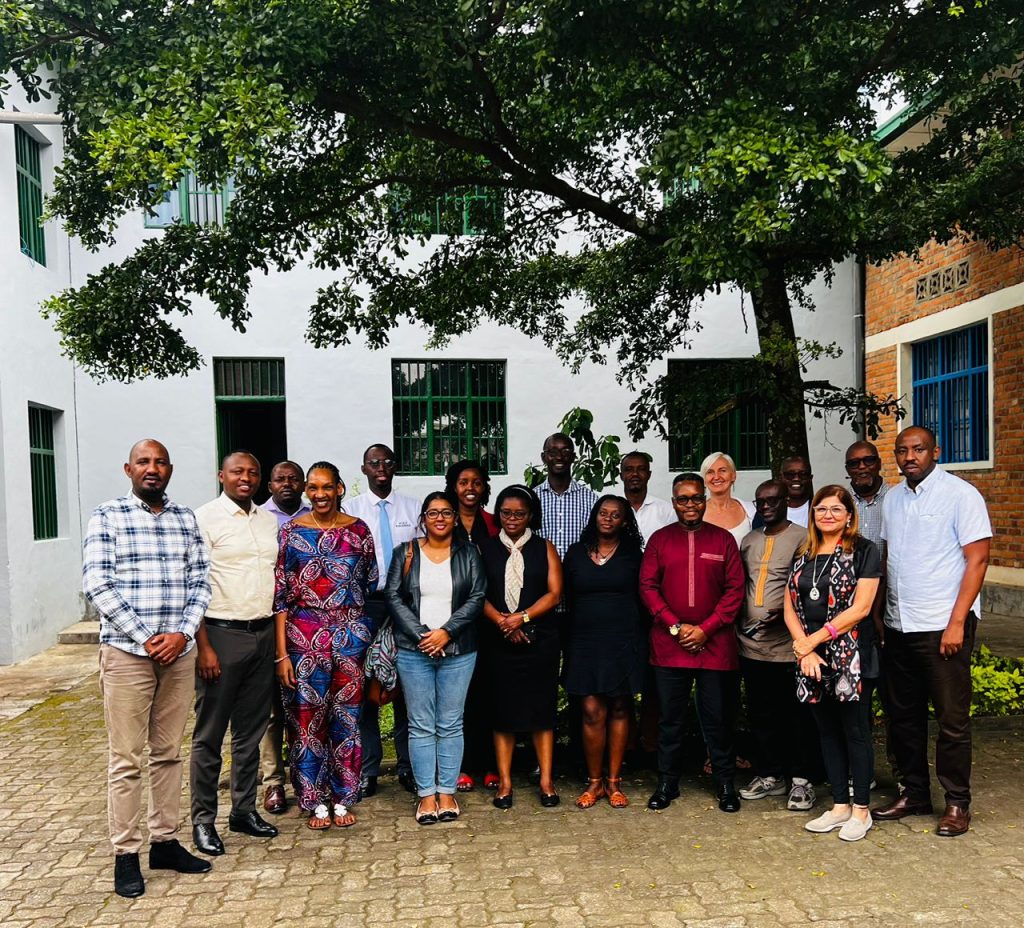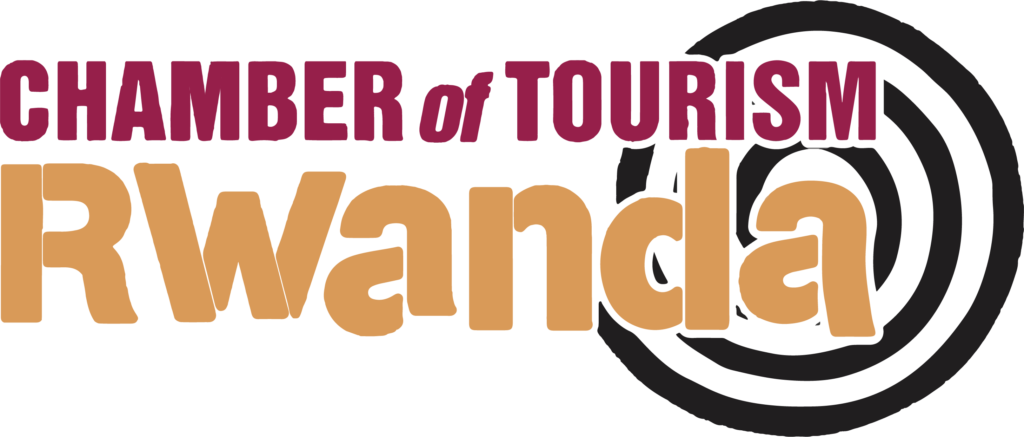Rwanda Tourism Sector Skills Council (RTSSC)
The Rwanda Tourism Sector Skills Council (RTSSC) is dedicated to enhancing the skills and competencies
of professionals within Rwanda's dynamic tourism and hospitality industry. Our mission is to bridge the
skills gap, foster innovation, and support sustainable growth by aligning training and development with
the needs of the sector.
About Us RTSSC
The RTSSC was established to address the critical skills challenges facing the tourism sector in Rwanda.
Our council is a collaborative effort between the government, private sector, and academia, aiming to
create a competent and resilient workforce that meets the evolving demands of the industry.
Our Vision
To transform Rwanda into a leading tourism destination with a skilled, innovative, and sustainable
workforce by 2050, contributing significantly to the nation's economic growth and global
competitiveness.
Our Mission
- Identify and address skills gaps in the tourism sector.
- Develop and implement standardized training curricula.
- Foster partnerships between industry stakeholders, educational institutions, and government.
- Promote continuous professional development and certification.
Our Structure
Council
The governing body providing strategic oversight and policy guidance. Comprised of representatives from government agencies, tourism associations, educational institutions, and industry experts.
Secretariat
Responsible for the day-to-day operations and coordination of the RTSSC.
Sectorial Committees
-Sectorial Committees address specific sub-sectors of the tourism industry, such as Hospitality, MICE, Tour and Travel, Guiding, Food and Beverage Services, Events, Adventure Tourism,
Creative Industry, Arts, Cultural Heritage, and Sustainable Tourism.
We currently have 3 sub-committees:
o Tourism and Travel
o MICE and Hospitality
o Creative and Arts
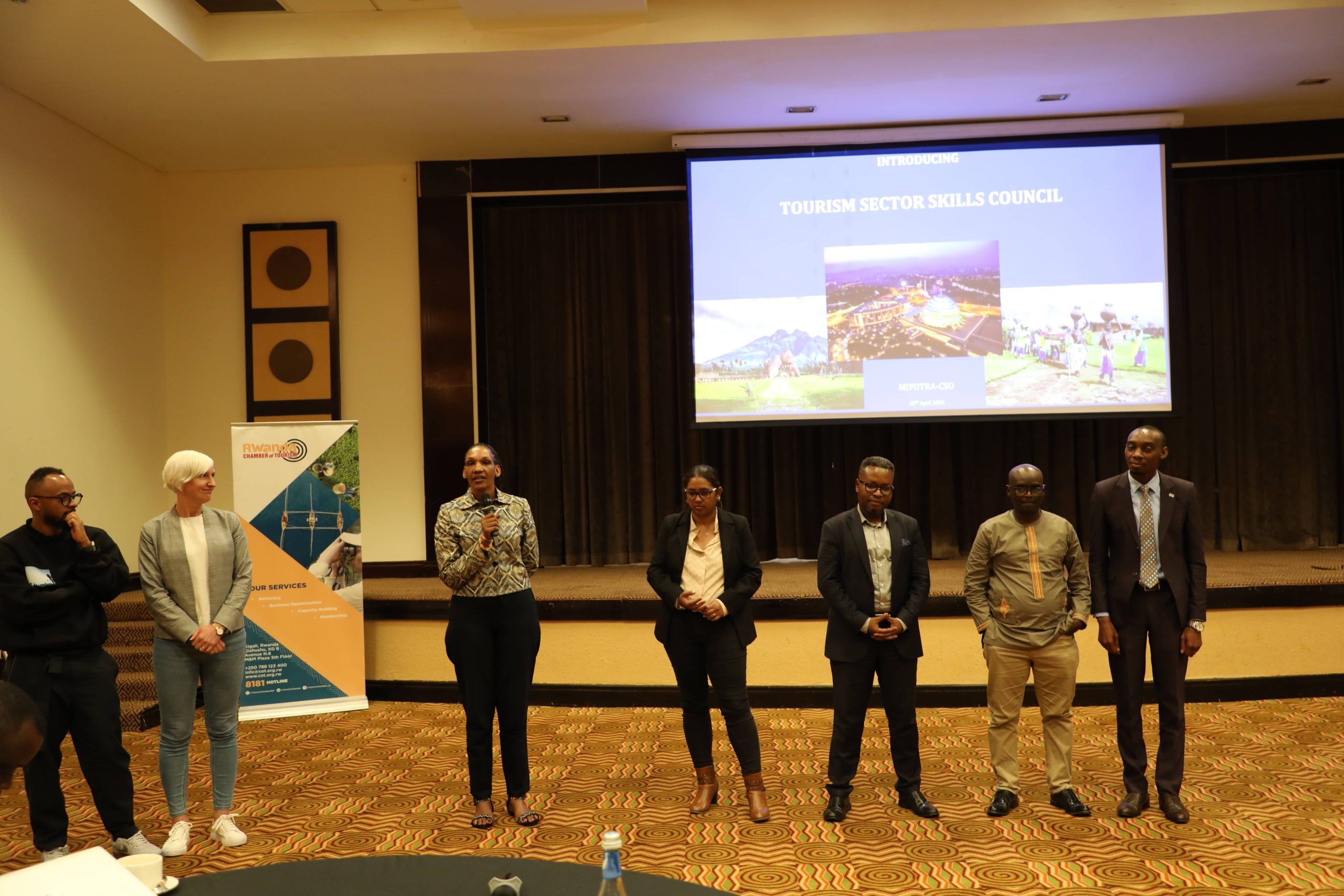
Our Upcoming Activities
- Workshops and Training Programs: Regularly organized to enhance the skills of tourism
professionals. - Research and Publications: Providing valuable insights into the sector's needs and trends.
- Accreditation and Certification: Ensuring quality and standards in training and professional
development. - Partnerships and Collaborations: Working closely with industry stakeholders to drive innovation
and growth.
professionals.
development.
and growth.
Key Initiatives
- Capacity Development of SSC Members: An international team from ITCILO Turin conducted a 5-day training session for SSC members focusing on building capacity and enhancing skills.
- Skills Gap Analysis: Identifying the most critical skill shortages and developing strategies to address them.
- Curriculum Development: Creating and updating training programs to meet industry standards.
- Professional Development: Offering continuous training and certification for professionals to advance their careers.
- Youth and Women Empowerment: Focusing on inclusive growth by providing opportunities for underrepresented groups.
